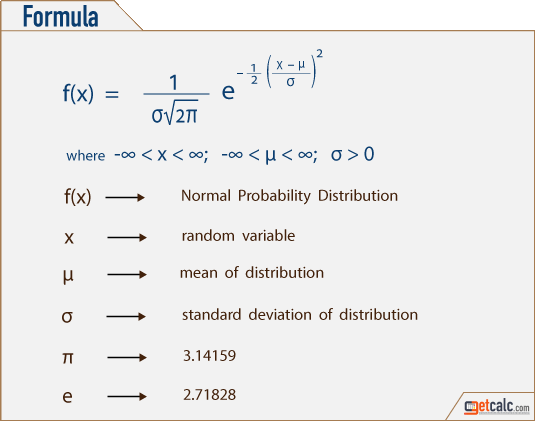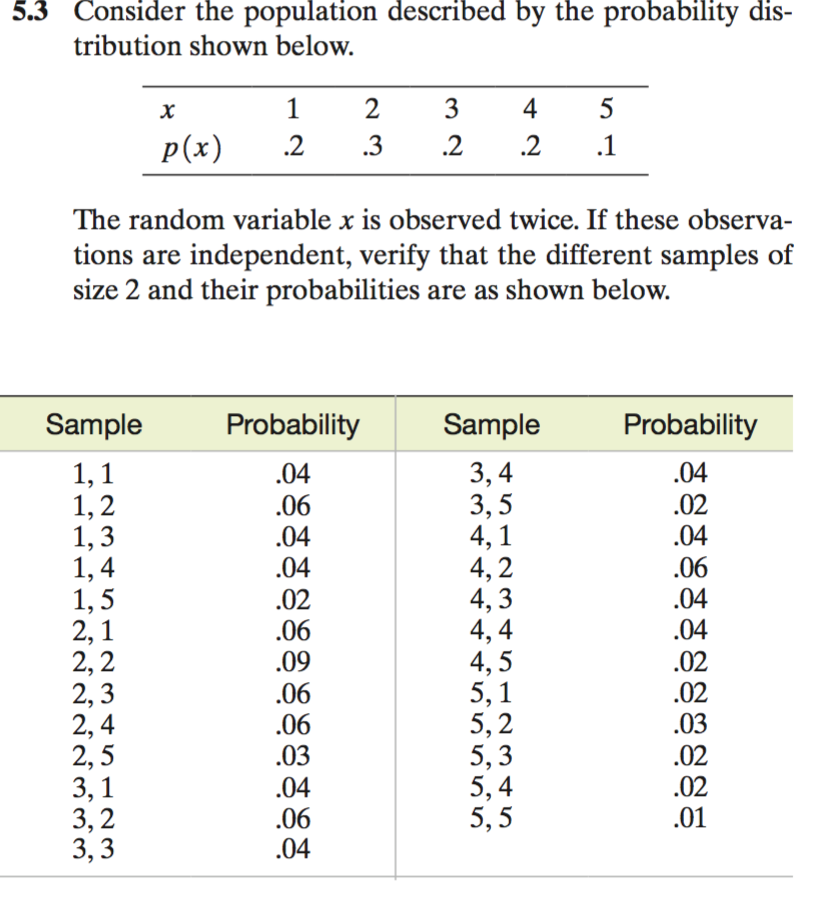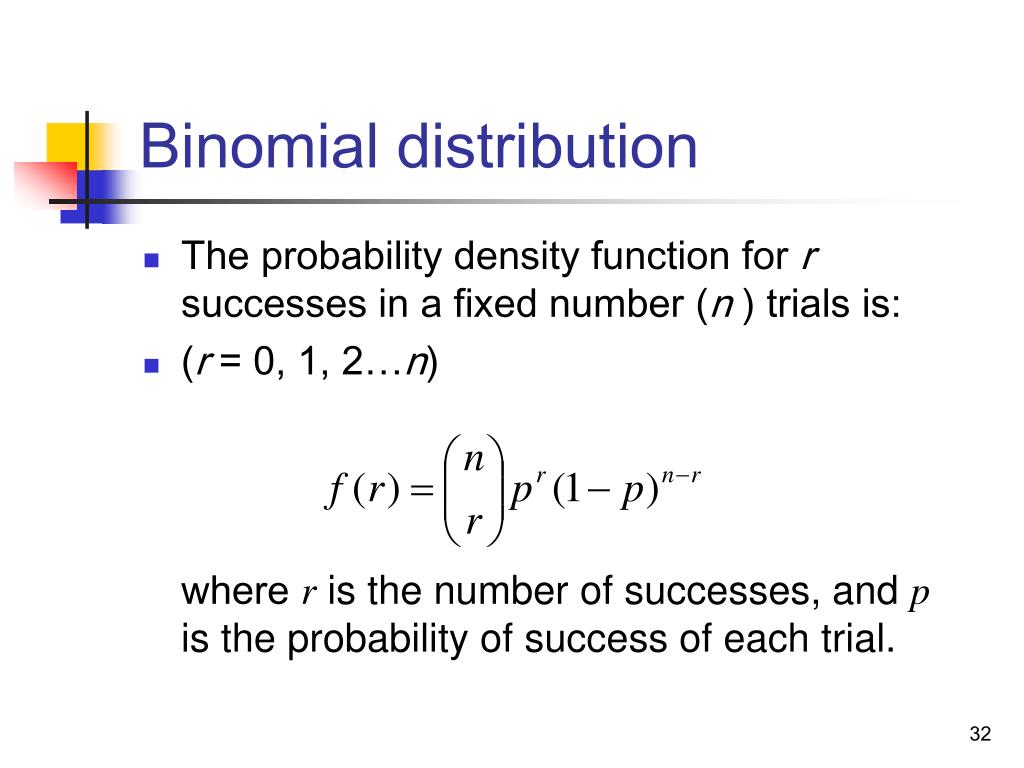Coin probability flipping games win use odds drives wager tosses bet least going re if who over set
Table of Contents
Table of Contents
Are you looking for a quick and easy way to settle a decision? Look no further than flipping a coin. But have you ever wondered what the probability of getting heads or tails actually is? In this article, we will explore the world of flipping a coin and the probability behind it.
The Pain Points of Flipping A Coin Probability
Have you ever found yourself in a situation where you need to make a decision but cannot seem to choose between two options? This can be a stressful and time-consuming event. Flipping a coin can be a great way to quickly make a decision, but a lack of knowledge behind the probability can cause anxiety and hesitation. People may also underestimate the role luck plays in flipping a coin.
The Target of Flipping A Coin Probability
The target of flipping a coin probability is to understand the chance of getting either heads or tails when flipping a coin. This information can help individuals make informed decisions or even improve their chances in games where flipping a coin is involved.
Main Points of Flipping A Coin Probability
The probability of flipping a coin is a simple 50/50 chance. When a fair coin is flipped, the likelihood of getting heads or tails is the same. However, external factors such as the force of the flip, the surface the coin lands on, and the shape of the coin can all impact the outcome. It is also important to remember that flipping a coin multiple times does not increase the likelihood of getting the desired outcome.
Personal Experience with Flipping A Coin Probability
I recently used a coin flip to decide where to go for dinner with a friend. We were both indecisive about what cuisine to try and could not agree, so we let fate decide. The coin landed on heads, which meant we had to go to an Italian restaurant. While I was initially hesitant about leaving it up to chance, it ended up being a great decision and we enjoyed a delicious meal.
The Role of Luck in Flipping A Coin Probability
Luck plays a significant role in flipping a coin. Even with an understanding of the probability, the outcome of a single flip is ultimately up to chance. Coin flipping games also involve a level of luck that cannot be controlled, which can add to the excitement and anticipation of the game.
Factors Impacting Flipping A Coin Probability
External factors such as the force of the flip, the surface the coin lands on, and the shape of the coin can all impact the outcome of a coin flip. If the coin is not flipped with enough force, it may not fully rotate and can skew the outcome. The surface it lands on can also impact the outcome if it is not flat or if there is an obstruction. The shape of the coin, such as asymmetry, can also affect the probability of the outcome.
The Science Behind Flipping A Coin Probability
The science behind flipping a coin probability is grounded in mathematical probability theory. When flipping a fair coin, the chance of getting heads or tails is equal, with each outcome having a 50% probability. This probability is illustrated through a binomial distribution, a probability distribution that describes the number of successes in a set number of trials.
Question and Answer
Q: Does the weight of the coin impact the probability of the outcome?
A: No, the weight of the coin does not impact the probability of the outcome as long as the weight distribution is even.
Q: Can the direction of the coin flip impact the outcome?
A: No, the direction of the coin flip should not impact the outcome if the coin is flipped with the same force and rotation each time.
Q: Is the outcome of a coin flip truly random?
A: The outcome of a coin flip is ultimately influenced by external factors such as the force of the flip and the surface it lands on, but these factors are out of human control. Therefore, the outcome can be considered random.
Q: Do people ever cheat when flipping a coin?
A: While it is possible for people to cheat when flipping a coin, it ultimately defeats the purpose of using coin flipping as a method for deciding between two options. It is important to establish trust and honesty when using a coin flip to make a decision.
Conclusion of Flipping A Coin Probability
Flipping a coin can be a useful tool for making decisions or adding excitement to a game, but it is important to understand the probability behind the outcome. The probability of getting heads or tails is a simple 50/50 chance, but external factors can impact the result. Regardless, the outcome of a coin flip is ultimately up to chance and can add an element of unpredictability to decision-making.
Gallery
Use Probability To Win Coin Flipping Games
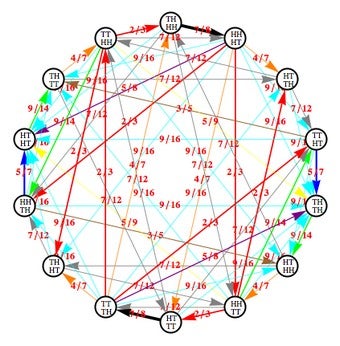
Photo Credit by: bing.com / coin probability flipping games win use odds drives wager tosses bet least going re if who over set
An Interview With Ann Varela: Jacques Bernoulli | Education News

Photo Credit by: bing.com /
Probability Distribution | Explore With Ankit

Photo Credit by: bing.com / probability coin flip distribution heads tails flipped math
Why Flipping A Coin Is A Good Way To Decide

Photo Credit by: bing.com / flipping ecogujju
Flipping Coins | Philosophy, Science, And Logic
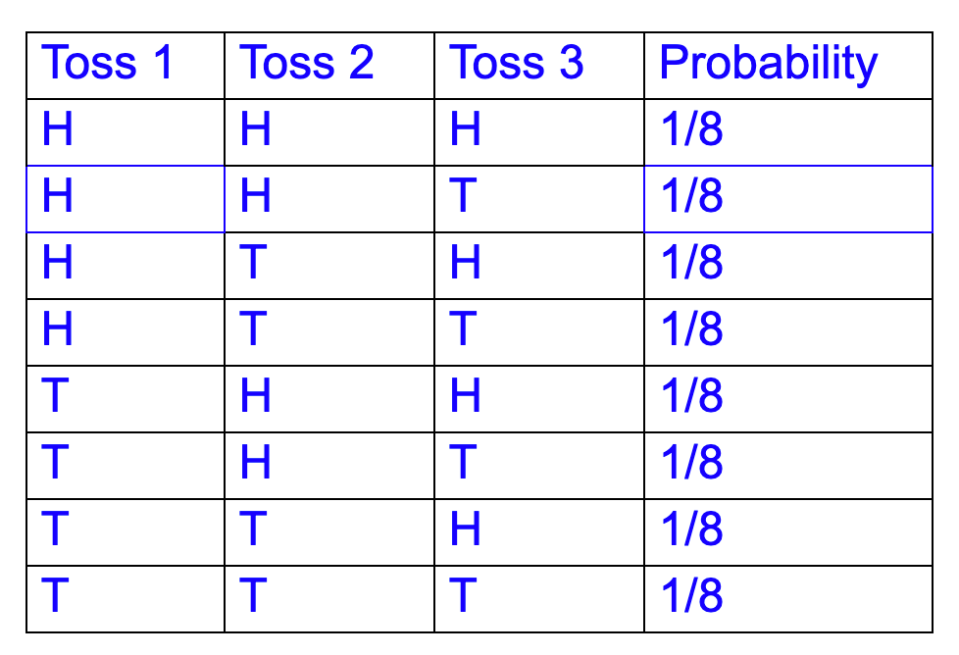
Photo Credit by: bing.com / flipping protéines légumineuses proteines vite possibility mediapart
